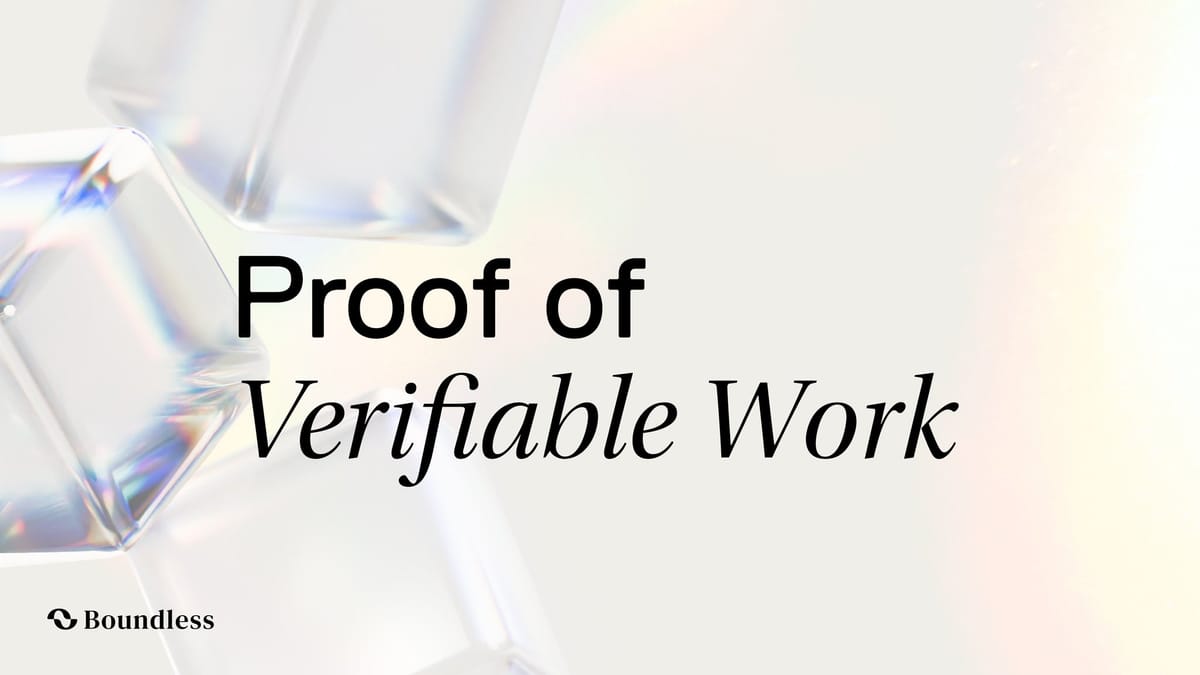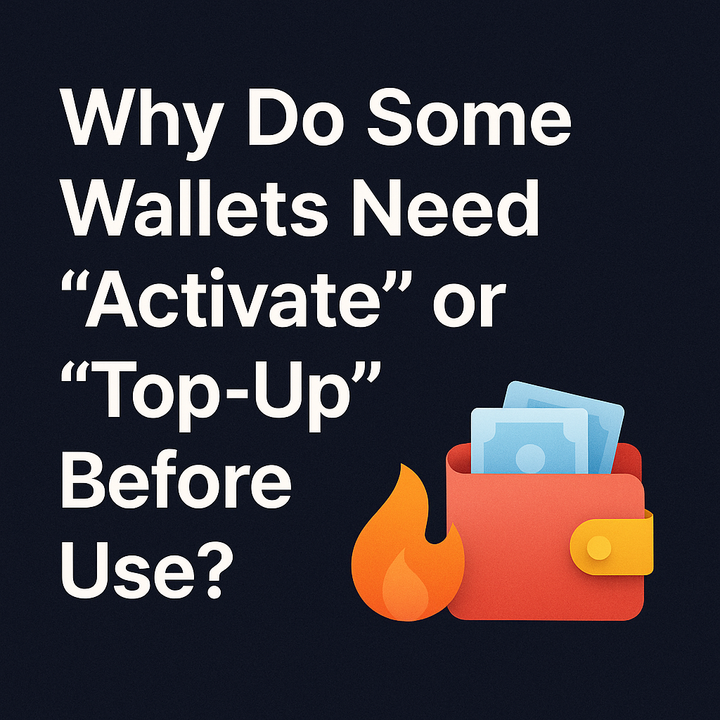Boundless: Enabling the Zero-Knowledge Future

Boundless is building the infrastructure layer that makes zero-knowledge (ZK) applications scalable, verifiable, and accessible. Through their modular proof system, Boundless separates proof generation from verification, reducing computational bottlenecks and making ZK-powered apps possible for everyone. They’re not just a proving service, they’re building a full ecosystem for verifiable compute.
Introduction
Zero-knowledge cryptography is unlocking new design space across privacy, scalability, and verification. But until now, most developers have struggled to implement ZK due to the complexity and resource intensity of generating and verifying proofs. Boundless solves this by providing a modular proving infrastructure that plugs directly into applications so builders can focus on their dApp logic, not low-level cryptography. With a mission to democratize access to scalable proofs, Boundless is making ZK-native apps viable across DeFi, identity, gaming, AI, and beyond.
Key Components
1. Modular Proof Architecture
Boundless decouples proof generation from proof verification. This means developers don’t have to run intensive computations on-chain. Instead, they can generate proofs off-chain and verify them efficiently within smart contracts using the Boundless verifier contract. This design pattern reflects the core ethos of modularity: separating complex responsibilities into composable, optimized components
2. Boundless Prover Network
The Boundless ecosystem includes a decentralized network of provers individuals and institutions who contribute computational power to generate zero-knowledge proofs. This is similar to the model behind decentralized sequencers or validators, except optimized for zk workloads.
By joining the testnet and running a Boundless prover node, contributors earn future rewards and help secure the growing proof infrastructure.
3. Integration with zkVMs and Agent Frameworks
Boundless supports proof generation for modern ZK virtual machines like RISC Zero, and emerging agent-based systems. This makes it possible to verify off-chain AI inference, complex game logic, and intent-based actions all without rearchitecting the app.
Why It Matters
Scalable ZK for Everyone
Previously, ZK was only available to well-funded teams due to compute costs and expertise required. Boundless flips that by offering infrastructure-as-a-service: provers handle the heavy lifting, while devs call a simple verify function on-chain.
Real Use Cases
Whether it’s verifying the results of an AI model, proving ownership in a game, or compressing massive transaction batches. Boundless makes it efficient, verifiable, and trustless.
Economic Alignment
Boundless creates a flywheel where:
- Provers are incentivized to contribute compute
- Developers pay for proofs using Boundless tokens
- Users benefit from faster, cheaper, and more private applications
Ecosystem Momentum
Boundless has already partnered with key ZK projects like Cysic (for GPU-accelerated proof generation) and is aligning closely with modular stack builders. As ZK adoption accelerates, Boundless is positioned as the compute backbone powering next-gen apps.
Their early testnet activity has seen hundreds of contributors spin up provers and start earning performance-based rewards.
You can join the testnet here: https://linktr.ee/boundless_xyz
Conclusion
The future of crypto isn’t just about faster chains, it’s about verifiable, modular systems that scale trust. Boundless delivers that by making ZK compute accessible and programmable across any app, chain, or vertical.
By separating proof generation from verification, aligning incentives through a prover network, and integrating with zkVMs and agent frameworks, Boundless is laying the foundation for a programmable trust layer in Web3. As ZK eats the world, Boundless makes sure it can scale.
Learn More



Comments ()